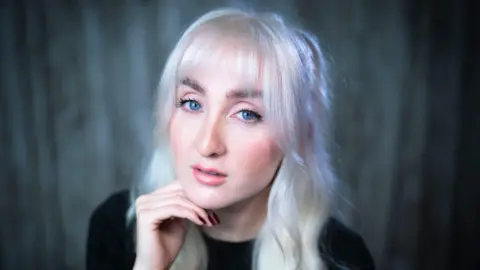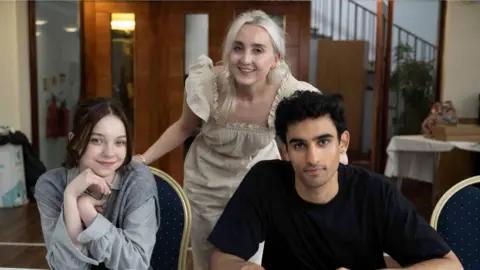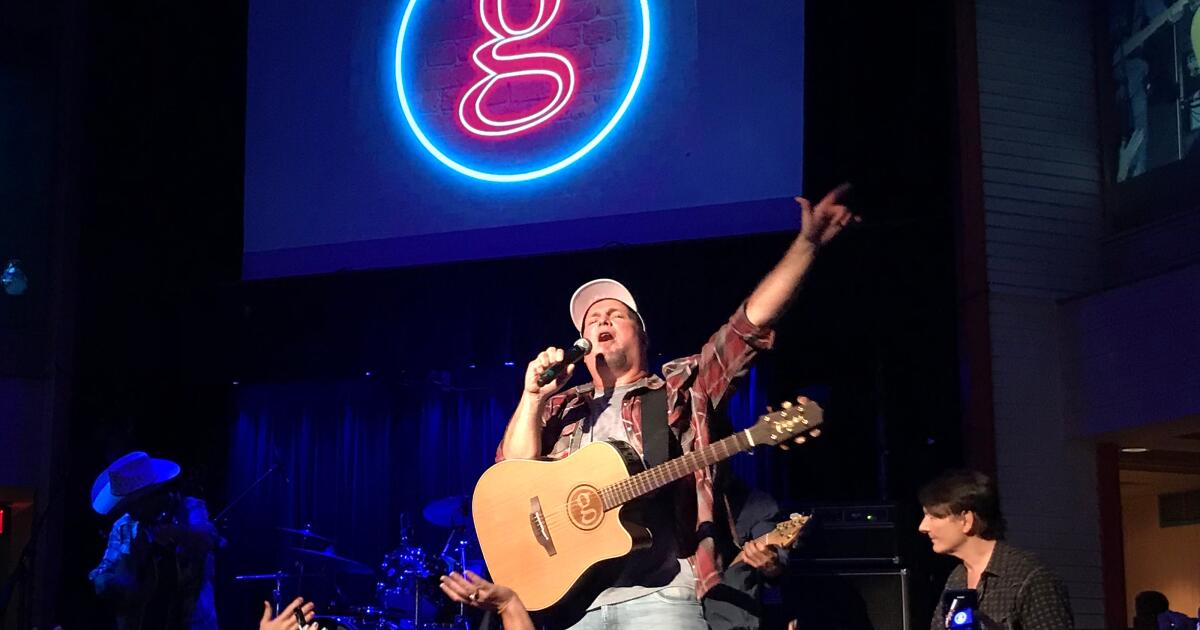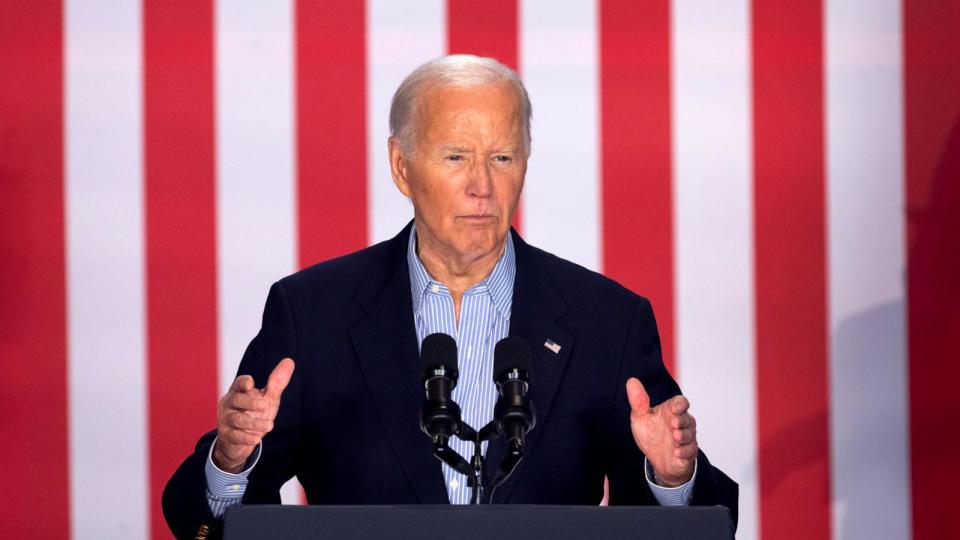Editor’s Note: Roxanne Jones, a founding editor of ESPN The Magazine and former vice president at ESPN, has been a producer, reporter and editor at the New York Daily News and The Philadelphia Inquirer. Jones is co-author of “Say it Loud: An Illustrated History of the Black Athlete.” She talks politics, sports and culture weekly on Philadelphia’s 900AM WURD. The views expressed here are solely hers. Read more opinion on CNN.
CNN
—
The ruling earlier this month by a Texas federal judge to suspend the US Food and Drug Administration’s approval of a drug that is used frequently for medication abortions, is very personal for me.
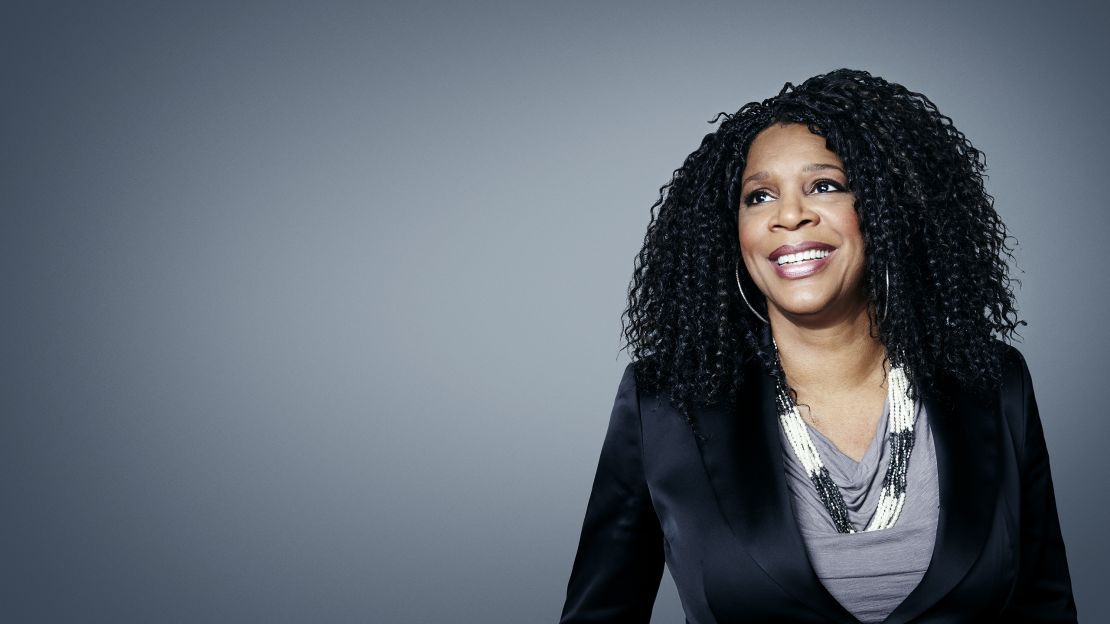
That’s because I took mifepristone years ago during a miscarriage, and it saved my life.
When I was prescribed mifepristone, it had not yet taken center stage in America’s abortion wars. I did not have to make a rushed road trip across state lines to get my medicine, unlike many women who need the drug but live in one of the many states that have restricted access to medication abortion or passed near-total bans on abortion.
I was not forced to set up a secret meet-up with a stranger in order to buy my medicine on the black market, as several women I spoke to recently said they planned to do. Nor did I have to order mifepristone online and find myself navigating the many scammers taking advantage of the current patchwork of state abortion laws in the US.
Mifepristone is one of two drugs used in a medication abortion and the other, misoprostol, was not subject to the ruling by the Texas judge. The two drugs can be administered to someone having a miscarriage, allowing them to terminate the pregnancy when the fetus is not viable.
It happened some years ago: After experiencing more than a day of hemorrhaging during the first trimester of my pregnancy, I visited my ob-gyn, who explained after examining me that my blood pressure was dropping rapidly and the heavy bleeding I was experiencing was an unmistakable sign of a miscarriage.
For many women, being prescribed mifepristone is part of their routine medical care. Not so in my case: As my doctor explained, I was facing a dire medical emergency. I was grateful for the medication that saved my life.
My miscarriage took me by surprise. I had loved being pregnant the first time around, about a decade earlier. And as a healthy woman, I had no reason for fear when I became pregnant again. By the time I was administered mifepristone, I was losing a life that I had already begun to love. And like many other women, despite my level of education or economic status, I could not outrun the statistics that put Black women at higher risk.
Up to one in four known pregnancies will end in a miscarriage. And for Black women, the numbers are alarmingly higher. According to an analysis of 4.6 million pregnancies in seven countries, the risk of a miscarriage for Black women is 43% higher than for White women.
In the Black community, women have traditionally been taught to bear their burdens silently — keep your business to yourself — even after something as devastating as pregnancy loss. We are conditioned to do as I did back then, and keep it moving as we try to outrun the long list of statistics that tell us our lives are in danger from every direction, whether it be from health care risks to societal injustices or other stressors.
During my miscarriage, I was a woman who was afraid, hemorrhaging and in excruciating pain, in desperate need of safe, emergency medical care. Thanks to the administration of mifepristone, I was allowed dignity during my miscarriage. It’s what every woman deserves — whether it be facing a potentially life-threatening miscarriage or seeking an abortion.
I learned from my experience that every miscarriage matters. Women must have access to whatever medicines and counseling we need to help us heal and that includes mifepristone. What we don’t need is to be criminalized by politicians and punitive reproductive laws that have long been out of step with public opinion. Despite the continuing political attacks on women’s reproductive rights, more than 61% of US adults say abortion should be legal in all or most cases, according to Pew Research Center.
After the US Justice Department asked the Supreme Court to intervene, Justice Samuel Alito issued a temporary order to preserve the status quo, ensuring access to the drug while giving the justices more time to study the issue.
I am hoping the justices can put politics aside and focus on the science surrounding the safety of mifepristone, a drug that, thankfully, I had access to when my life was in danger. Mifepristone, a synthetic steroid, is even safer than common prescription drugs including penicillin and Viagra.
Following the science demands that, regardless of where you stand on the issue of abortion, consideration must be made for cases like mine and the millions of other women who for years have safely used this medication for complications surrounding miscarriages.
We do not know how the legal fight over medication abortion will unfold. But women across the nation – in blue and red states alike – are watching. Punitive laws like the one signed last week by Florida Gov. Ron DeSantis seek to criminalize reproductive care providers. And worse, they are stripping us of rights that men take for granted – it’s unlikely they will be prohibited by the law from making health care decisions about their own bodies.
It must end. And I’m betting that whether it be with our voice or our votes, women will have the last word.

















